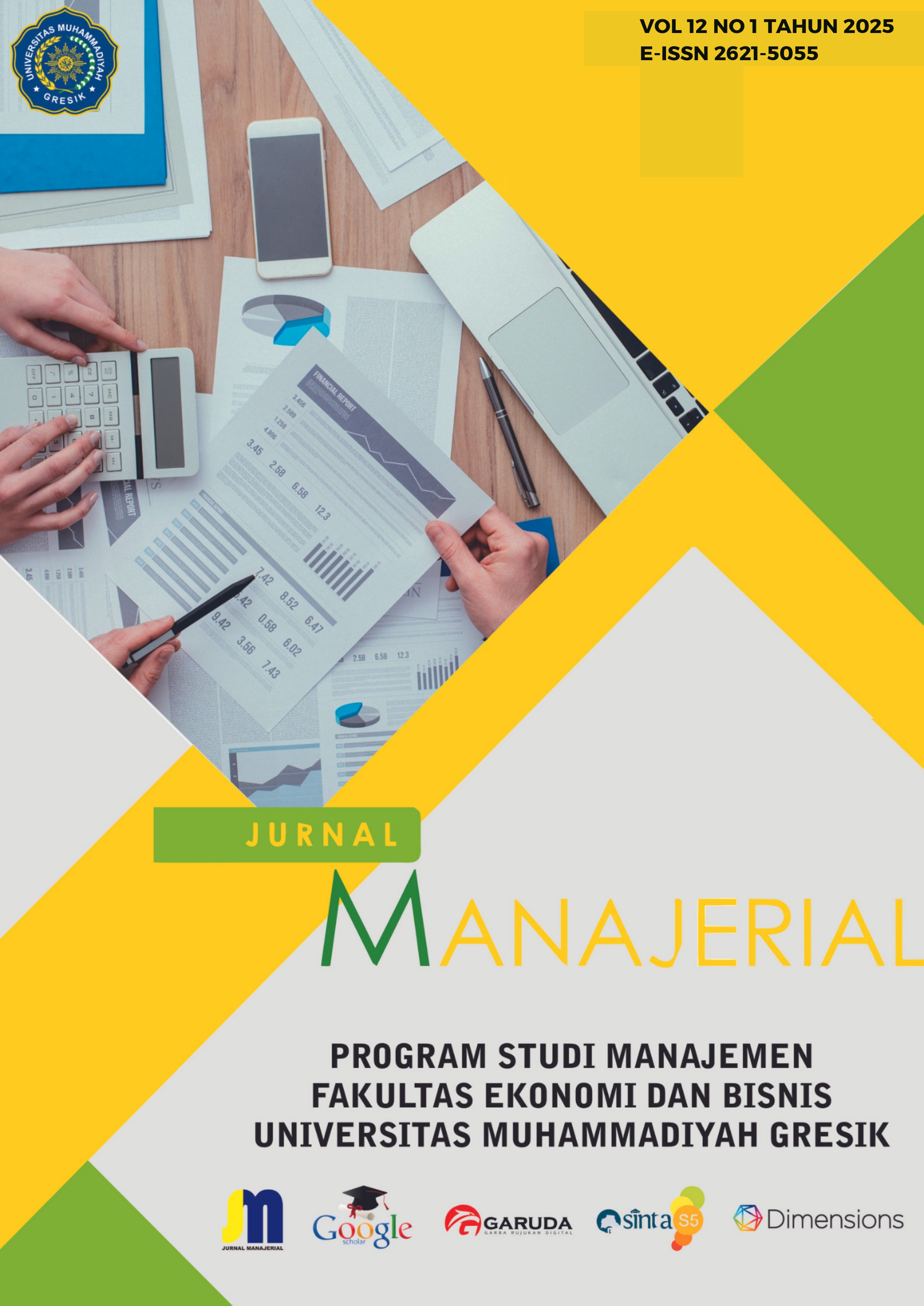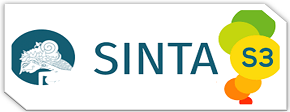The Effect Of Locus Of Control, Career Motivation, Knowledge On Interest In Building A Sustainable Career On Human Resources With The Mediation Of Self-Efficacy
Abstract
Background - Currently, job prospects or careers for management students, especially those interested in human resource management, need to be evaluated whether they are still promising. In the context of the world of work, individuals who want a career in this field will specialize in managing the workforce in various types of organizations. This includes various topics, such as employee management, employment law, business ethics, HR data analysis, organizational development, and HR management strategies.
Aim - obtain empirical evidence of the sustainable career interests of students interested in human resource management concentrations which are effected by locus of control, knowledge, motivation, self-efficacy.
Design /Methodology /Approach - Quantitative research design with a sample of management students concentrating in human resource management at UMG, with a target sample carried out in a saturated manner. The analysis method used is path analysis with the help of WarpPls.
Findings - That locus of control has no effect on self-efficacy, motivation has an effect on career self-efficacy, knowledge has an effect on self-efficacy, locus of control has no effect on interest in a sustainable career, career motivation has an effect on interest in a sustainable career, knowledge has an effect on interest in a sustainable career, self-efficacy has an effect on interest in a sustainable career, locus of control has no effect on interest in a sustainable career through self-efficacy, career motivation has an effect on interest in a sustainable career through self-efficacy, and knowledge has no effect on interest in a sustainable career through self-efficacy.
Research Implications - That if students want to have a career in the field resource humans must increase their knowledge and literacy rules- labor regulations that act as the initial foundation for pursuing a sustainable career and need to continue to increase knowledge and capabilities. Theoretical implications can use self-efficacy as a mediator between career motivation and sustainable career intentions in the field of human resources.
Research Limitations - This research only explores data from student sources who chose an interest in human resources, as well as the expected sample target which was not met, so that in the future research can make comparisons of career interests in the field of human resources involving many students as respondents.
Downloads

This work is licensed under a Creative Commons Attribution 4.0 International License.






























 P-ISSN: 2354-8592 __ E-ISSN: 2621-5055
P-ISSN: 2354-8592 __ E-ISSN: 2621-5055 

